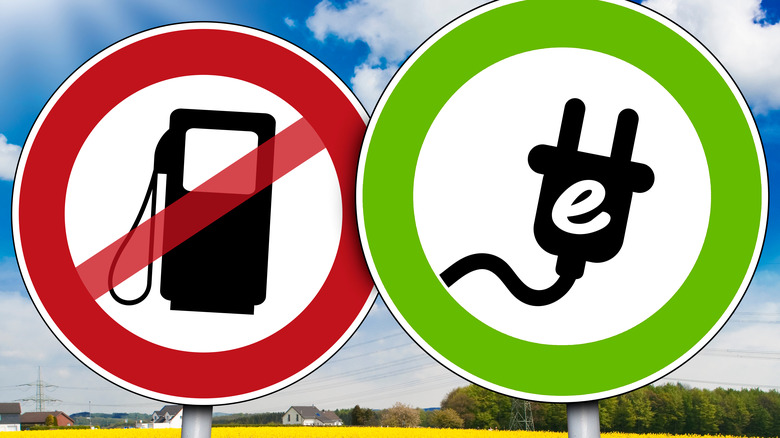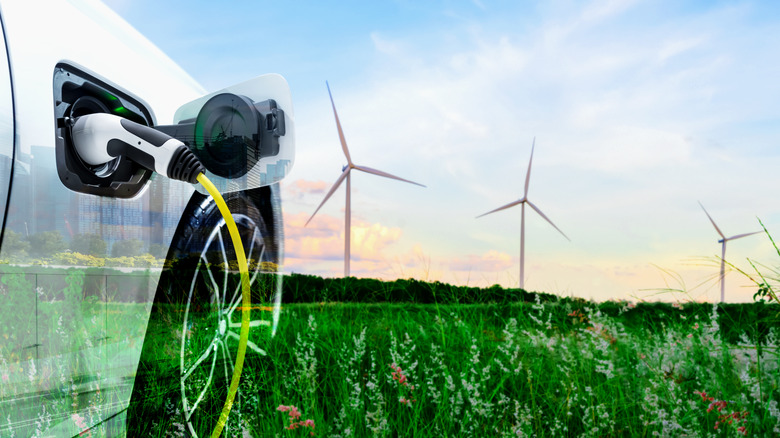Newly Released US Government 'Blueprint' Would Ban Nearly All Gas Powered Cars
Gas powered cars could become quite scarce if the plans put forward in a new government blueprint come to light. The blueprint follows years of ambitious targets as the United States and other countries move towards carbon neutrality. Some of the more ambitious plans that have been confirmed include President Biden's goal of electric vehicles comprising half of all vehicle sales by the end of the decade. The sale of new gas powered cars is also expected to be banned in most states by 2035, and in most countries by 2040.
Many companies are on board with the idea of going electric, too. This includes Ford, who aim to only manufacture and sell electric passenger vehicles in Europe after 2030. Other major manufacturers, including Dodge, Hyundai, and Volkswagen have spoke about similar plans.
Of course, there are some major barriers to tackle for worldwide carbon neutrality, and the biggest is arguably infrastructure. To counter this, both the government and private businesses are investing billions in an attempt to make electric vehicle ownership as practical as possible. On the U.S. government end is the Biden Administration's plan to increase the number of charging stations in the U.S. by half a million by the end of the decade. Several private companies like Siemens and Pilot are also throwing a small fortune at the problem.
All in all, there are some very ambitious plans when it comes to electric vehicle adoption. This latest blueprint is not yet policy, but does seem to fall in line with similar targets the government has set in recent years.
All transportation in the U.S. could go green after 2030
The blueprint is the result of three government departments — The U.S. Departments of Energy, Transportation, Housing and Urban Development, and the Environmental Protection Agency — working together to help tackle the climate problem. The result is an ambitious plan for the country's transportation sector. The plan claims that in order to tackle the climate crisis, the government "must eliminate nearly all greenhouse gas (GHG) emissions from the sector by 2050" It also claims the transportation sector is "now the largest source of greenhouse gas emissions in the United States" which makes addressing it key to the country's wider climate commitments.
It goes on to call for "a whole-of-government approach to transform the transportation sector," which includes everything from federal officials to people in local government, non-profits, and members of the international community. On page 14 of the report, it states that "Success will require unprecedented coordination among every level of government, private industry, community based organizations, stakeholder groups, and all Americans."
In terms of actual action, there isn't a lot beyond the policies the government already has in place. New charging infrastructure, a target of 50% of vehicles being electric by 2030, and ensuring all federal fleet procurement is zero-emission by 2027. What may have more of an impact is the state-level bans on fossil fuel cars, most of which kick in by 2035. By 2050, most of the remaining gas powered vehicles will have reached the end of their lives. So while the targets are ambitious, they could also be quite realistic with current legislation.

